You’d rather cook at home than eat out

When you’re younger, nothing is more fun than getting to skip the washing up by dining at a restaurant with friends or a partner. However, if you find yourself wanting to enjoy spending your time in your own kitchen, thinking about how good it would be to set your own portion sizes or have leftovers for tomorrow’s lunch, then you might be getting old.
You’ve stopped judging people on their looks

In your teen years and early 20s, it’s easy to judge others for how they choose to dress or style their hair, because you’re not yet confident in your own identity and choices. Once you get older, though, you find yourself less concerned with the harmless things that others do to bring themselves joy – and if you do dislike someone’s look, you’ll keep quiet about it.
You check your bank account before making plans

Financial stability and literacy aren’t at the top of the priority list for most young people, as it’s more important to have formative experiences and enjoy the company of friends and significant others. If you find yourself sticking closely to a weekly budget or checking your balance before committing to plans, then that’s a surefire sign you’re getting on in years.
You don’t care what others think of you

Just as those with the benefit of age and experience aren’t in the habit of judging others, they’re also not in the habit of letting themselves be judged. Older people are more likely to be secure in and unapologetic about their choices, and that goes for their career, their relationships and their hobbies. If you’re done justifying yourself to others, then you’ve fully matured.
You take pictures but don’t share them publicly

Younger people have a reputation for taking lots of pictures, but it’s actually older people who know the true value of immortalising things by documenting them. However, while younger millennials and zoomers are prone to sharing their adventures all over social media, the mark of an older person is keeping pictures to look at privately, whether in a digital folder or physical album.
You know that money isn’t the most important thing

Your late 20s are the decade for working hard and building a stable financial future for yourself. That is the time to grind, pick up extra hours and generally prioritise taking next career steps. However, when you get a little older, you’ll no doubt realise that although money is important up to a certain point, it isn’t capable of making you feel happy or fulfilled by itself.
You find gossip totally exhausting

Giggling over cocktails might be fun at any age, but if you’d rather the topics revolved around your tragic haircut from ten years ago or your friend’s toddler’s silly antics, then you might be getting a little older. Those with more life experience know that gossiping isn’t a victimless crime, and it isn’t as fun or as light-hearted as it might feel in the moment.
You’ve stopped making a big deal about your birthday

From childhood right up until your mid-20s, birthdays are a huge deal, sometimes consisting of multiple gatherings, parties, nights out and rounds of presents. The mark of a truly mature person is not caring about a huge splashy celebration, and instead only wanting to spend your special day with a few cherished people, somewhere quiet and laid back where you can actually talk to each other.
You cherish time spent alone

The more you grow up, the more secure and confident you feel in your own skin. As a result, mature people rarely spend time with others who sap their energy, and they don’t say yes to plans that they know don’t align with their goals or priorities. If you’ve started protecting your peace and scheduling time to be alone with your thoughts, then you’re there.
You earnestly celebrate others’ achievements

Being jealous of others’ accomplishments and constantly comparing your journey to that of those around you is a sign of insecurity and immaturity. Older people know that everybody reaches their goals on their own timeline, and no amount of stressing can make success come along faster. If that all sounds familiar to you, then you’re probably starting to get on in years. Congratulations!
You talk a lot about your joints
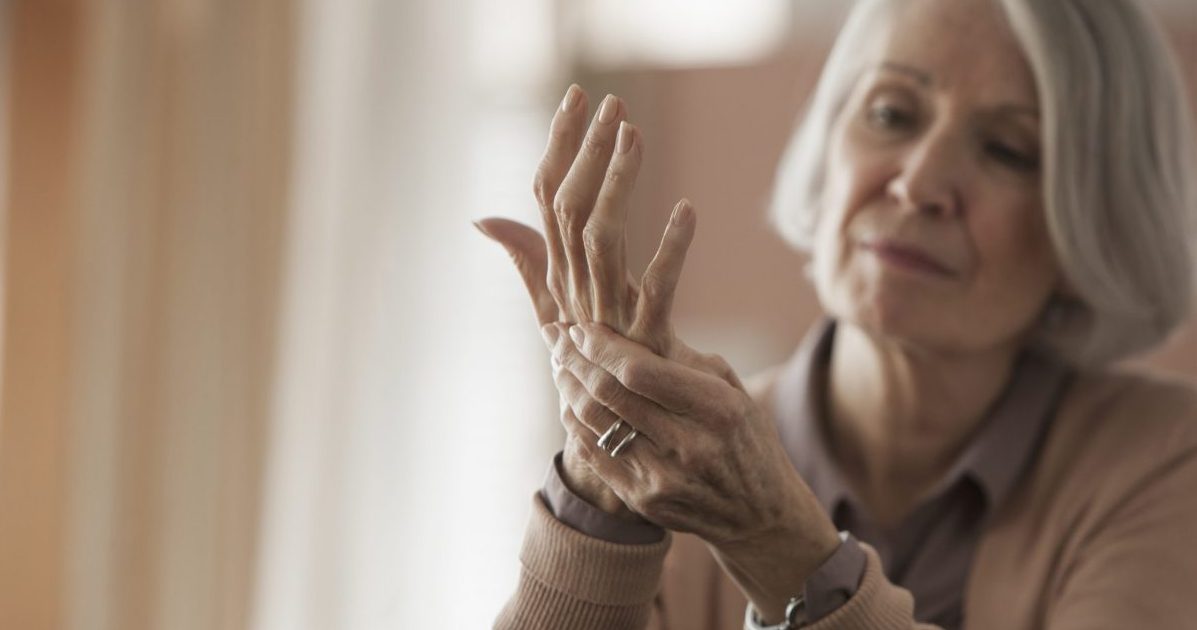
Ooof. Ouch. Yowzers. Jesus. These are just some of the words that creep into your vocabulary unnoticed as the ageing process does its thing. Yes, struggling to get out of – or into – a car seat after years of effortless agility is never an easy pill to swallow. Speaking of pills to swallow, don’t you have an actual pill to swallow right now?
You don’t know any songs in the charts
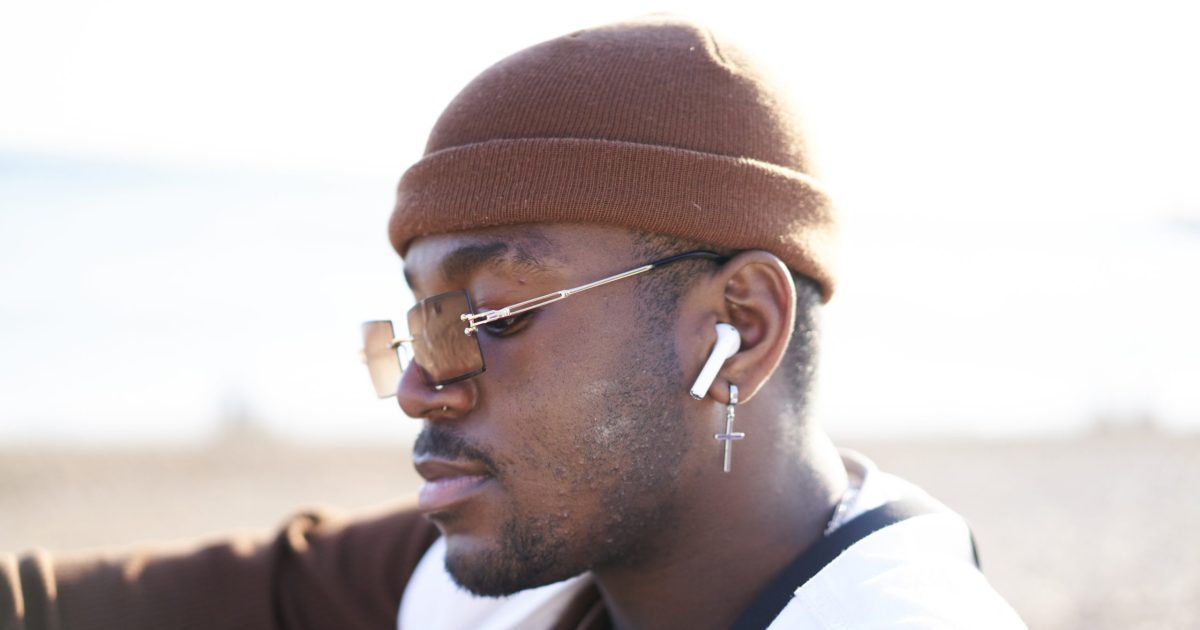
There’s a queasy moment in everyone’s adulthood when they’re listening to the radio, or watching a music awards show, and find themselves saying “Who?” to every nominee and performer. Youth culture evolves quicker than you think. Even by your late 20s you can feel out of touch with the Billboard Hot 100.
You start referencing the past

Growing up, every conversation you have with an adult will either begin or ultimately career towards the phrase “back in my day”. This is human heritage and something that will find us all eventually. Claiming that things were better when you happened to be at the height of your youth is stupid but harmless, and a big sign that you’re getting old.
You complain about noise

In our youth, we crave and seek noise, whether it be a nightclub or a festival, or even just a house party. The louder, the better. Things stay that way for a few years, and then one day you wake up with tinnitus. Complaining about even the most minor of noises is a clear-cut sign you’re not too far from banging the blunt end of a broom at the ceiling.
You choose clothes for comfort

Discomfort is a price you pay for fashion. Want to be in vogue, in the literal or magazine sense? You better prepare to squeeze and zip yourself into some excruciating clothes. Thankfully, as you grow older, this charade comes to an end. Your wardrobe is all about comfort, fashion be damned.
Authority figures start to look young

That big, bad, mean ticket collector on the train that you remember from a particularly scary childhood memory? He probably wasn’t that mean and not that old. A telltale sign that you’re getting older is authority figures, such as policemen and bouncers, looking like they could be your little sibling. Or, worse, your child.
You know your alcohol limit

Maturity is saying no thanks to the suggestion of another drink. It’s so easy, isn’t it, to stay for one more, and then another, and then another. When you’re 18, it’s easier than easy. As time ticks by, the desire to be the last man standing, the life and soul of the party, fades away. You now look forward to getting home and putting your feet up as you do going out.
You start buying face creams
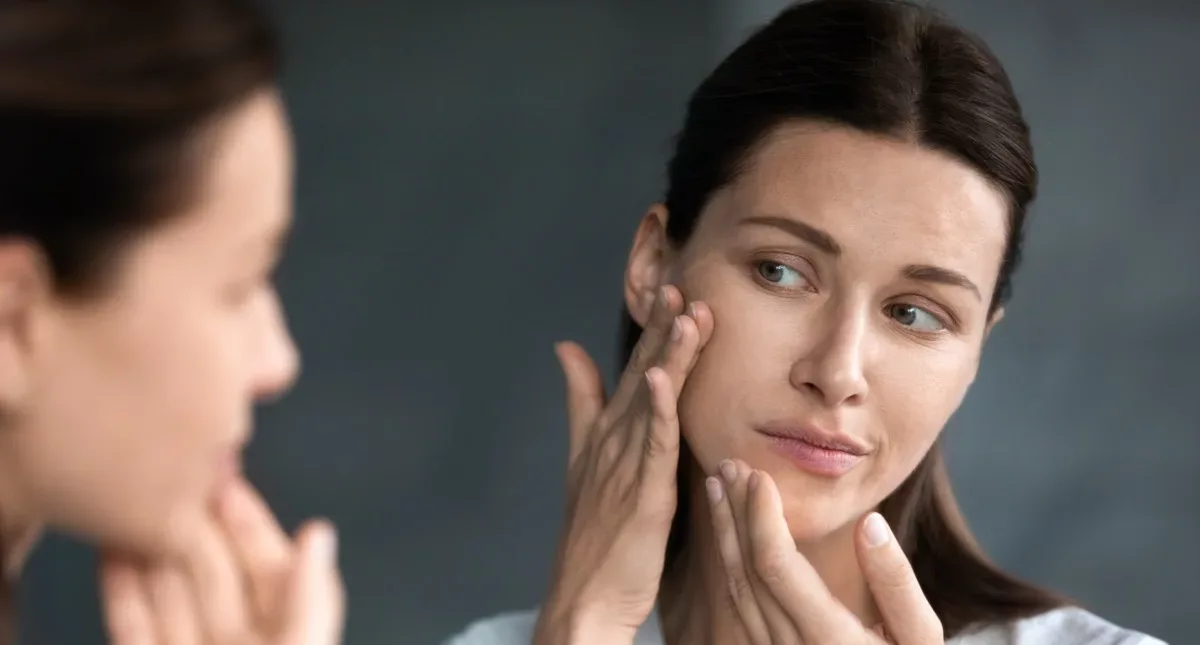
Investing in face creams and moisturisers is a sign that you’re getting old. Quite literally. This isn’t a matter of feeling old. Your face is telling you outright. Hard as it may be to believe, your youthful face isn’t an exception to the rule. You too, will feel the unforgiving, unstoppable brute force that is gravity and you best be prepared. Stock up that bathroom shelf!
Your politics become cruel
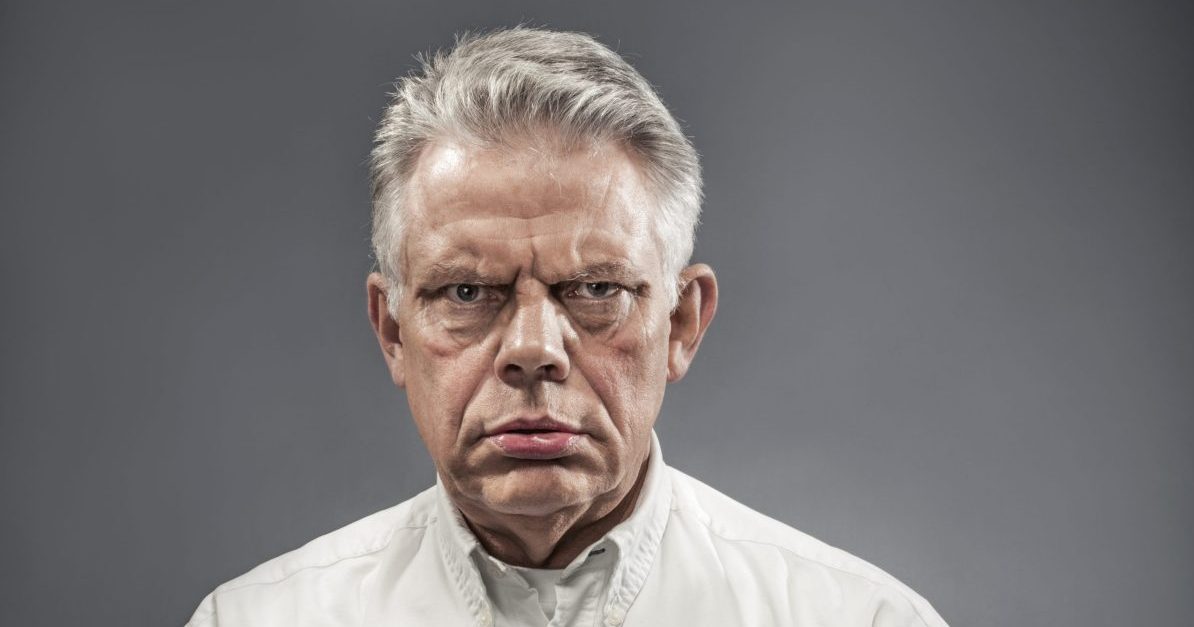
Optimism, realism, pessimism. That’s usually the order things fall into when it comes to the politics of the electorate. In older age, change becomes much less of an exhilarating prospect and more of a scary uncertainty. As a result, people tend to become set in their ways, dismissive of current problems facing those less fortunate.
You learn to love a Sunday walk
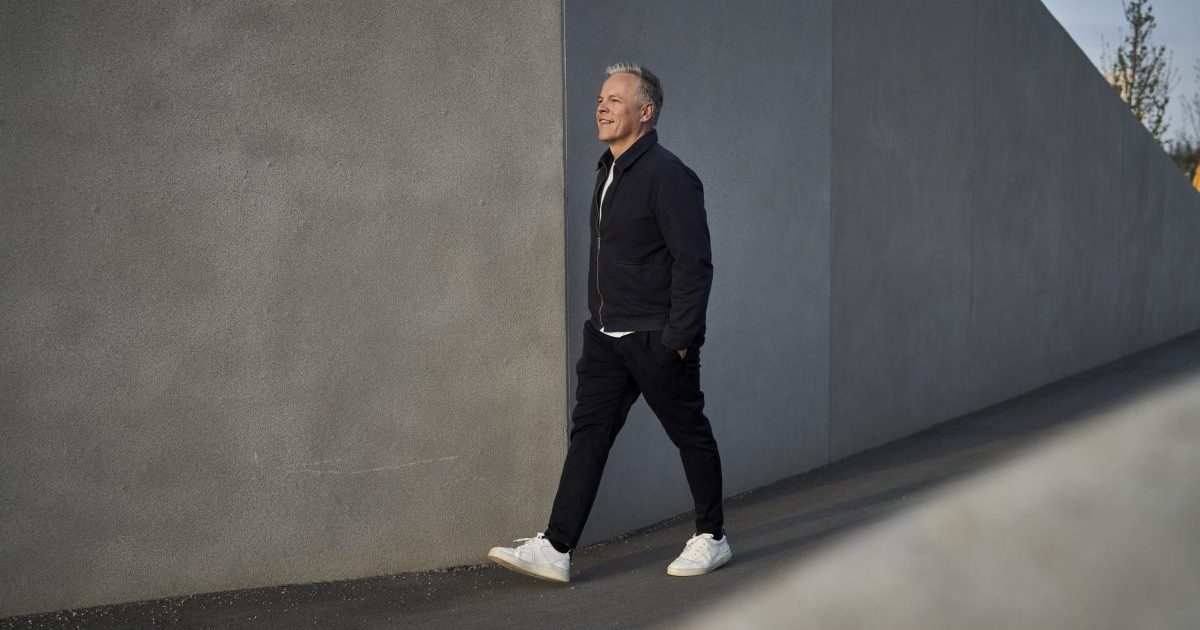
When you’re young, Sunday is just another day of debauchery. For some hedonist types, it’s literally an extension of Saturday. But you’d be surprised just how quickly that appetite for destruction can wear off. Getting old means learning to enjoy the idea of a brisk walk in the great outdoors, followed maybe by a sensible pint of ale by a fireplace.
You book shorter holidays

Going on holiday for as long as possible is a great idea when you’re young and full of beans. You can walk all day long, drink all day long, and not get tired. Then you can wake up and do it again for another week or so. In older age, you learn to appreciate a short holiday with plenty of napping and nowhere near as much boozing.
You have a lot more answers

The more life experience you have, the more answers you’ll be able to provide. When you’re younger, there’s a great deal of uncertainty. Life dilemmas aren’t easily solved because it may be the first time you’ve been through them. Having gone through, and survived, several dilemmas, you’ll find yourself the bearer of great advice.
You start watching shorter films

A three-hour film? A film, that’s three hours long? Three hours in length? One film, for three hours? In this economy? Not a chance. Growing old means searching “90-minute films” and choosing whatever seems fit. If you’re really lucky, you may even come across the hallowed and rare 80-minute film. Now there’s a treat.
You have fewer friends

Making a lot of friends is an important task when you’re young. The flip side is that you often end up making a lot of bad ones. In old age, your judge of character becomes somewhat of a superpower. You know how to spot a charlatan a mile off; somebody who doesn’t have your interests at heart. This makes life much easier.
You love to read

Books? Why would you read books when you can go out to a bar, drink a gallon of beer and have conversations with strangers? To read books is to put yourself in someone else’s shoes and empathise with their problems. When you’re young, this isn’t something you care about. When you’re old, the hunger for knowledge is overwhelming.
You enjoy each season

The cycle of seasons can be irritating in your youth. If you like summer, for example, you might feel inconvenienced by winter, when fewer events are happening and fewer people are inclined to socialise. Learning to enjoy the change in seasons is something that will come naturally in old age. You will feel yourself being charmed by the differences.
You become a great listener

Think about it. We have two ears and only one mouth. That’s nature’s way of telling you to listen more. Human beings, especially older ones, benefit from hearing people out more than flooding them with their own opinions. To be a good listener is to be a more rational and thus better person. Embrace this development of maturity.
You don’t avoid responsibility

In life, it always makes sense to look out for and accommodate our family, our friends, and our community. The world to keep ticking, we all need to do our bit and travel the road less travelled. Taking up responsibilities is a huge sign that you’re doing old age the right way and breaking free from the selfishness of your youth.
You prioritise sleep

Lack of sleep leads to a lot of problems, especially in older age when everyday tasks are a little bit more strenuous. With maturity comes the acknowledgment that sleep is not for losers and the weak but is vital to enjoying life. Getting yourself into a better sleeping pattern may prove difficult at first but once you get there, everything will be copacetic.
You take time more seriously
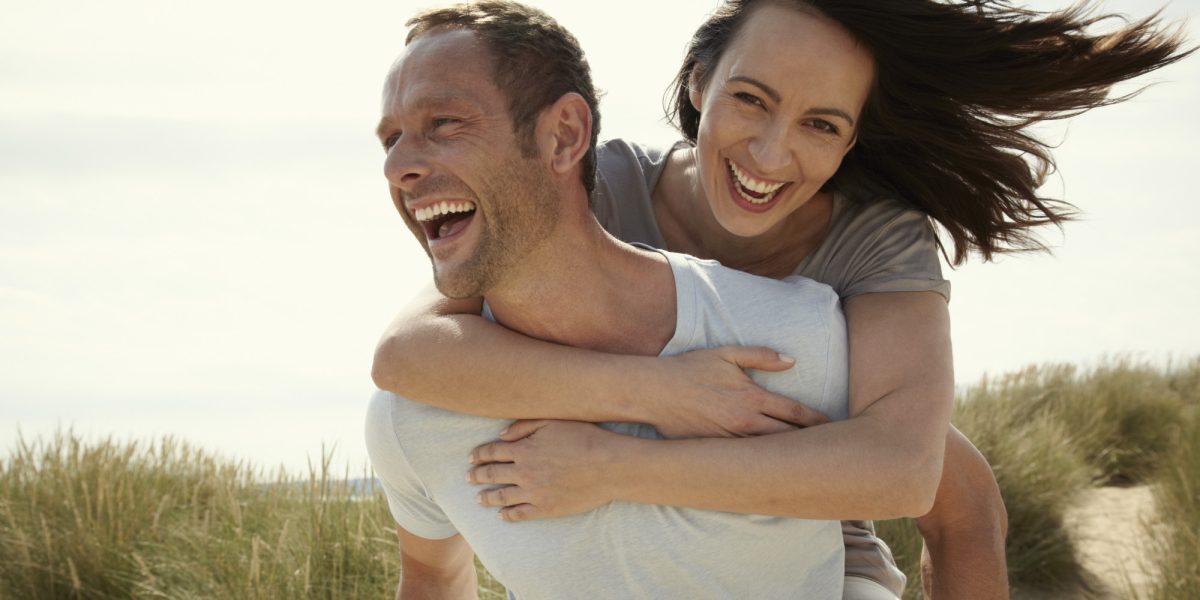
One of the biggest signs of getting older is that time management is at the top of your priorities. Younger people don’t pay attention to time because they’ve got loads of it. As a result, they waste a lot of it. The longer you get in the tooth, you more seriously you take time, and learn to love every bit of it you get.
You like people who make an effort

Considering those who are responsible and punctual as boring or serious is a big sign of immaturity. Those older in age appreciate anyone who goes out of their way to make an effort, whether that’s following through on commitments or putting on a nice outfit. Your patience for slackers grows shorter and shorter with time.
You prioritise your health

You may think this is an obvious one given that the older you get, the more problems begin to arise with your body, but it’s not quite so. There are plenty of people of a certain age who don’t pay attention to any of the troubling symptoms their body is showing. Mature people will realise their body is to be treated very seriously.
You find it easier to focus

Are you daydreaming, or are you just struggling to focus on anything you’re doing? Be honest, it’s probably the latter. Not to worry, though, this will become less of a problem as you grow older. Through trial and error, you will learn that letting your mind wander is counter-productive and will only delay the inevitable.
You prefer to plan

Spontaneity is the refuge of the young. There’s room for it now and then in middle age, but most decisions are not made on gut instinct, and for pretty good reason. Not thinking things through can lead to huge inconveniences or even danger, and that’s not something you want to deal with after a certain age. Planning will become irresistible.
You can articulate your feelings
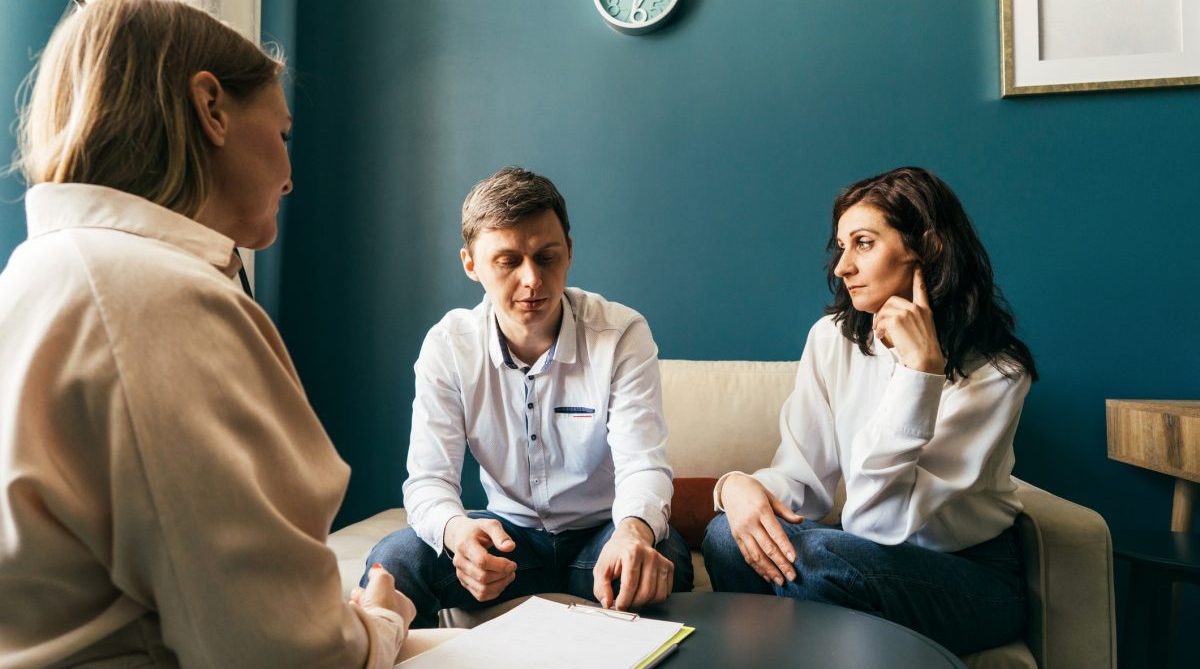
As you get older, being able to articulate your feelings becomes easier. Gone are the toxic days of holding onto your feelings for fear of being shamed or ridiculed or just not understood. Having healthy communication skills is a key part of emotional intelligence and maturity and can only be gained through time.
You can laugh at yourself

When you’re young and trying to prove your worth, it’s easy to act seriously around other people. Younger people, generally, aren’t as respected and can’t allow themselves to appear foolish or idiosyncratic. In middle age, you embrace these things. There’s nothing so freeing as being to able to laugh at yourself.
You stop competing with other people

Why spend all your time, especially your precious time, pitting yourself against people who probably aren’t even worth the effort? Why not take a step back and realise life isn’t always about competition? Moreover, life becomes much more enjoyable when you’re not weighing up your value with random people at work or close friends.
You know your limitations

Knowing your limitations is hugely important, especially in old age. Nobody wants to spend their twilight years fracturing relationships over stupid quarrels. If you know what’s good for you, you will learn to shut your mouth and respect other people’s points of view, know when to let them do their thing and give them the space they need.
You stop holding grudges
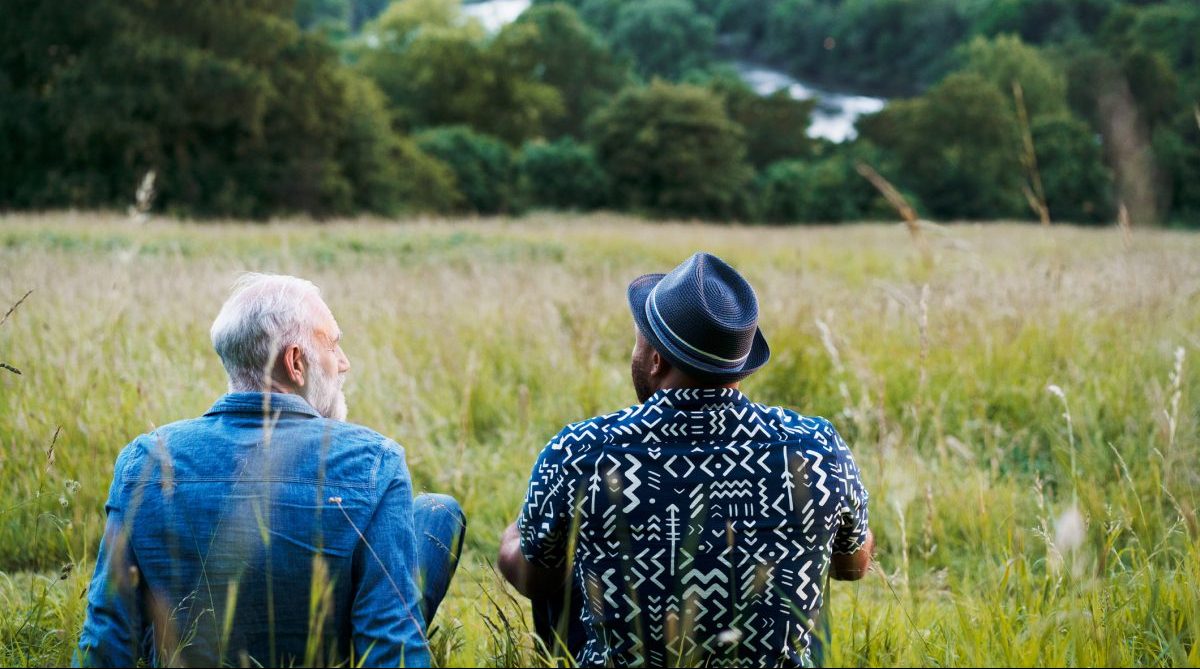
Holding grudges is for children and teenagers. If you’re an emotionally mature person, not only should you not hold grudges, but you should seek to repair problems with people. There are obvious exceptions, of course. If someone is clearly and consistently toxic or harmful, you can leave them off your list of people whose friendships you miss.
You don’t follow trends

Herd mentality is hard to avoid as a youngling. It makes us adopt habits and behaviours that don’t come naturally, and therefore delay our development of personality. Older folks don’t waste their time or feel the need to follow trends. They know who they are and don’t need to wait for a friend to tell them what they should be.
You know physical beauty is temporary
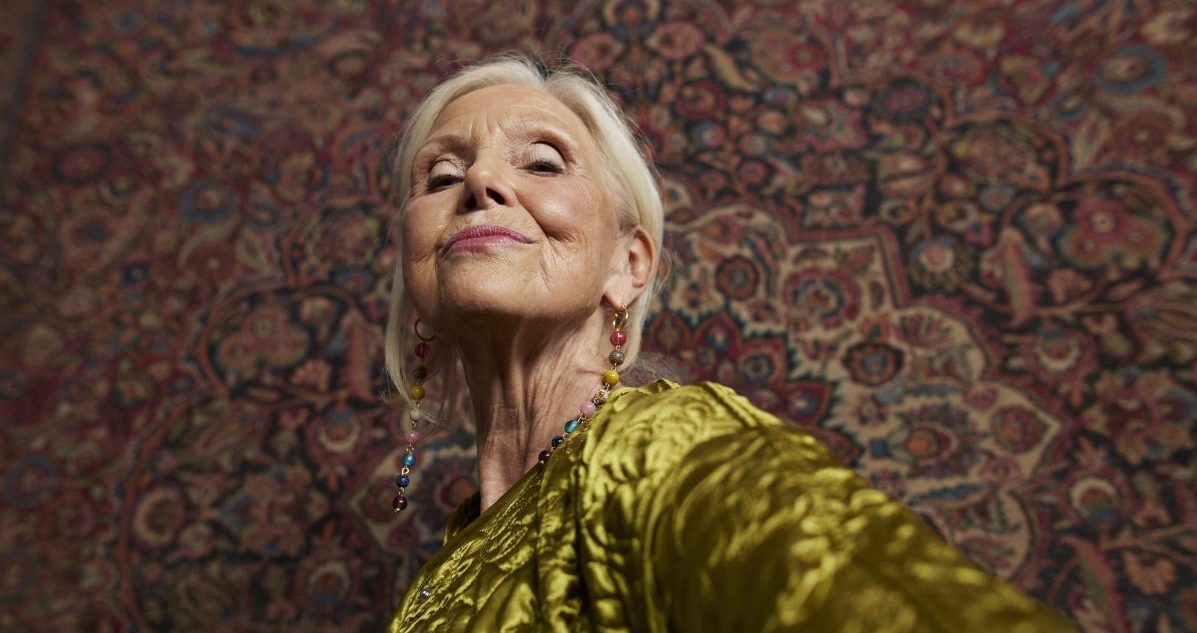
You may be able to rely on beauty in your early adulthood, but eventually time will play its nasty role on your body. Your hair will shed, your skin will sag, and your agility will take a hit. Suddenly, random members of the public will stop fussing over you, now that you’re no longer a young thing on the make. Growing old means understanding personalities are what last.
You learn to say sorry

The devil may care, but you don’t. That’s because you’re young and you can get away with a lot more cheekiness than you can as a fully matured adult. Fully matured adults know that growing up goes hand in hand with learning to say you’re sorry. That risking a minute or two of uncomfortable honesty is worth it in the long run.
You become more grateful
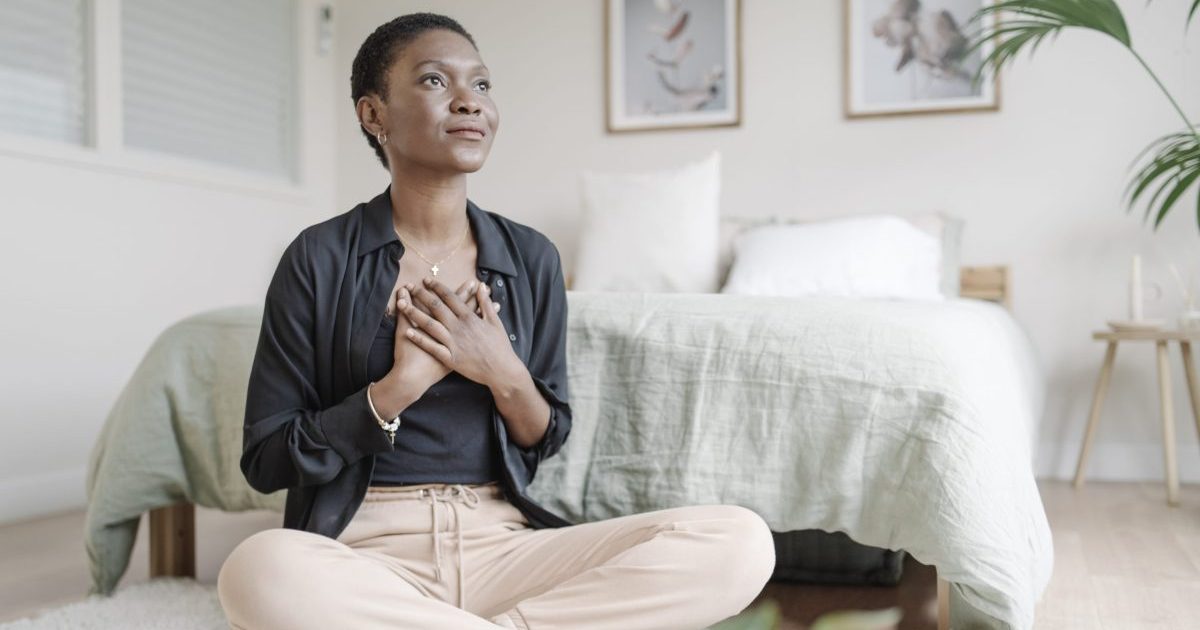
Being grateful helps a great deal. It’s strongly associated with improved happiness and helps improve the overall health of people, as well as helping them deal with adversity and building strong relationships. Next time you’re complimented by a friend, don’t hold back on the gratitude. Make it clear you’re charmed.
You become more flexible
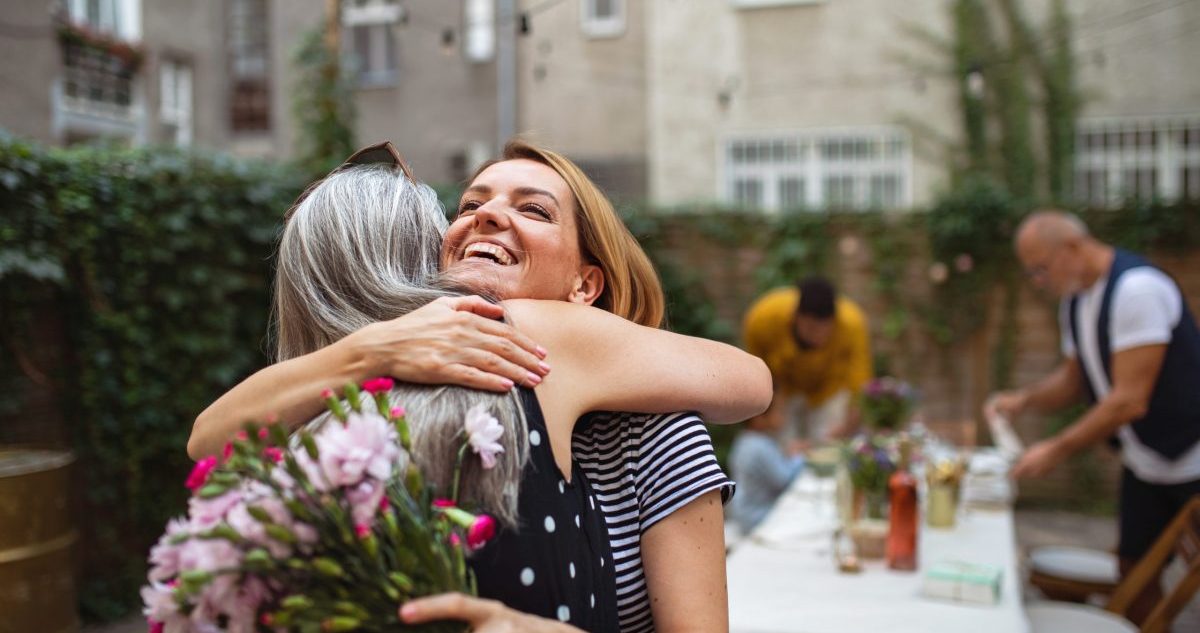
Strive to become more flexible if it isn’t coming to you naturally as you grow older. Flexibility improves your ability to be empathetic and vulnerable with your fellow man and woman. It increases your ability to be a compassionate leader who can turn awkward interpersonal problems into unifying opportunities.
You share your good fortune

We’re taught as children to share, but hardly any of us follow through with it. Sharing means you have less, and less is bad (when you’re an immature kid, anyway). As a grownup, you will realise that sharing benefits everyone involved. Sharing releases oxytocin in the brain, which is responsible for building trust, relieving stress and improving immune function. There’s no reason not to share!
You realise you can still improve

Just because you may feel as if you’ve seen and done it all doesn’t that you have. Every one of us, from eight to 80, has the ability to improve and discover new things. Don’t allow yourself to get set in your ways because you have a few answers to a few of life’s problems. Embrace the idea of you becoming even greater than what and who you are.
You start tipping well

Tipping seems like a cruel game when you’re young, even if you grow up in a society where it’s normalised, like the US. Why should I, a broke young person, have to part ways with money for the sake of someone else’s personal well-being? As you age, you realise that 99.9% of the people you tip were in the exact same predicament as you. Tipping well is the gallant thing to do.
You become a better conversationalist

Try to engage a teenager in conversation and you might be brushed off with a series of grunts and one-word answers. Engage an adult, however, and they’ll more likely return the favour. That’s called maturity. It’s incredible how far a “How was your day?” or “How are you feeling?” can go. Trust your instincts and don’t be afraid to find more out about the person opposite you.
You respect those who can’t help you

Respecting your boss is easy. Respecting the shopkeeper is easy. Respecting the chef is easy. Respecting anyone who has your happiness and well-being in the palm of their hands is easy. Now go out there and try respecting a delivery driver, a retail worker, or a homeless person. Someone who can’t help you out in any way. If you’re capable of this, you’re maturing the right way.
You clean your room
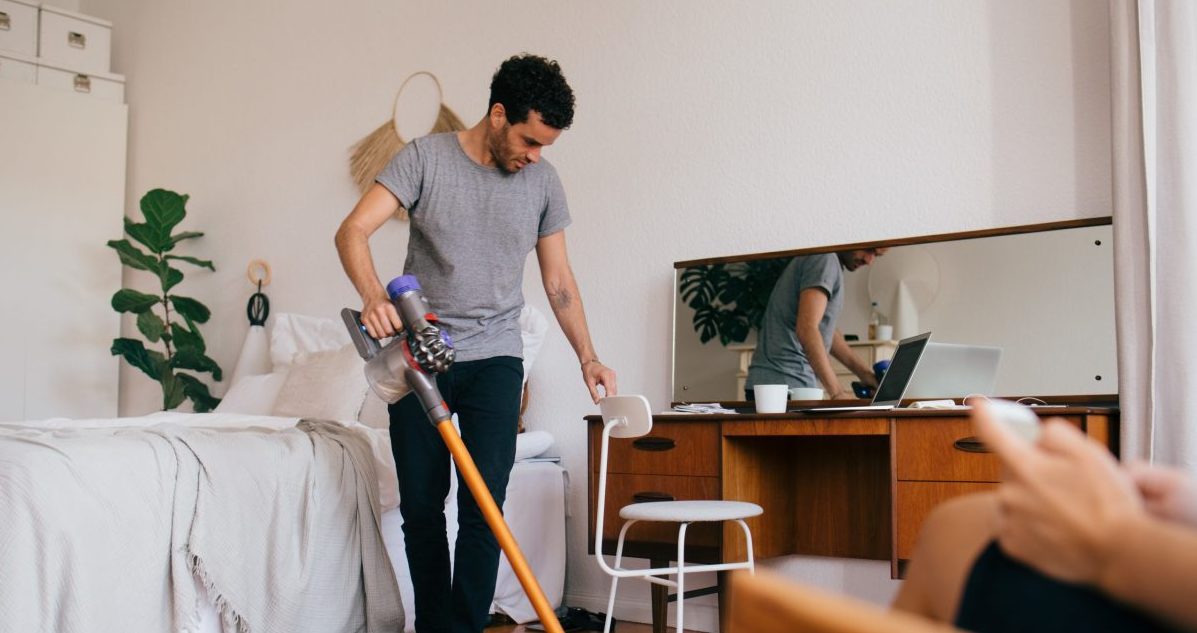
This goes out to the younger generations. One of the very first signs of growing old is tidying up after yourself when you wake up in the morning. Choosing to clean your room on a day off, because you know it’s the right thing to do and not because you’re being forced to, is a subtle but major step forward in the right direction. Something as simple as this proves that you practise not just good hygiene but self-care.
Your morph into your parents
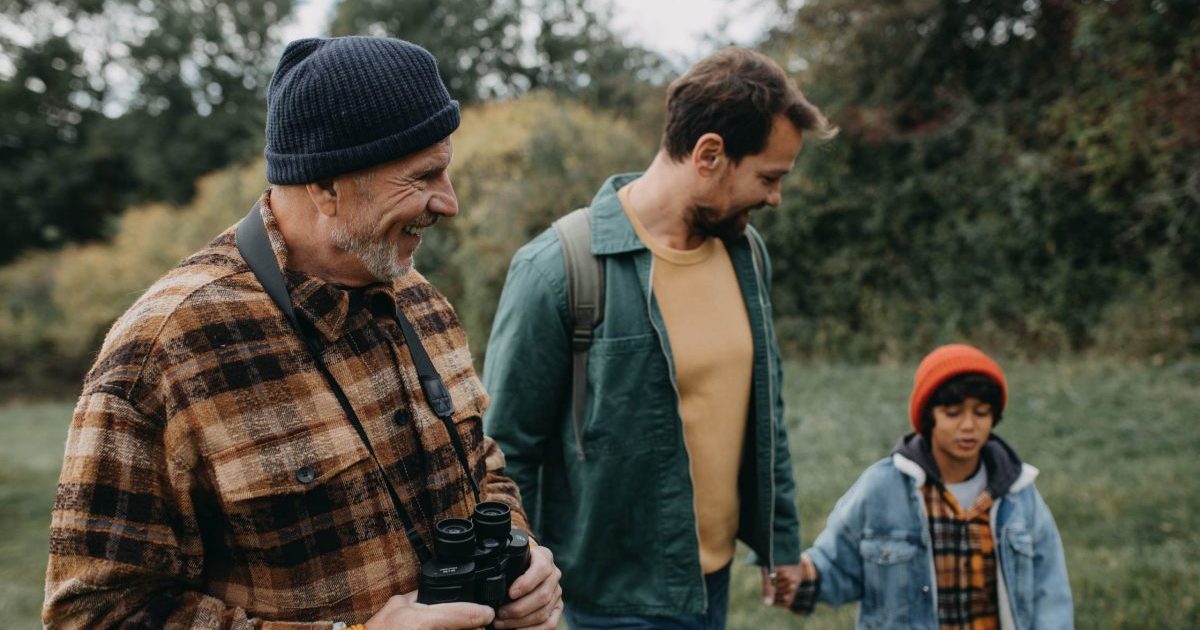
When you are accosted by your parents as a stroppy kid, you promise yourself – from the other end of a slammed bedroom door – that you’ll never be like them. You’ll be a cool, edgy parent who allows their kids to roam free. Then you have kids and realise raising them isn’t so easy. In fact, it’s near-impossible at the best of times. Morphing into your parents isn’t a bad thing, it’s a sign of progress.
Your family become more important than your friends
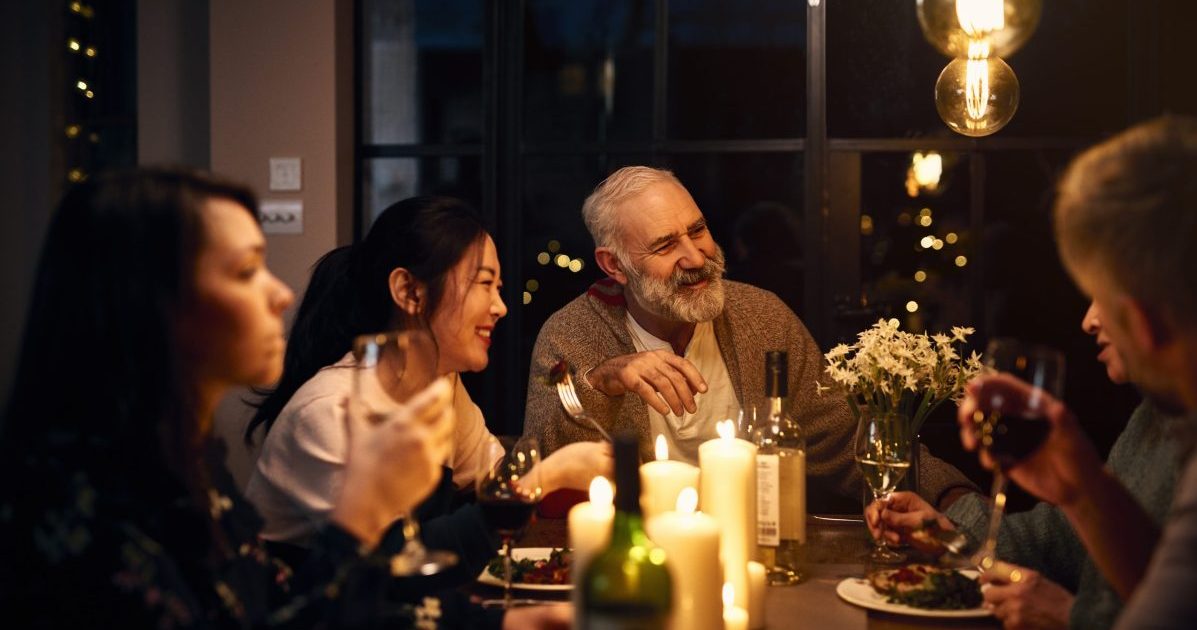
Growing up, your friends come first. They look like you, act like you and think like you. Family? Boring! They’re old farts with lame pastimes and ideas. When you mature, you realise family units, especially good ones, are a privilege. You want to spend more and more time with them, now that time is of the essence. You can’t choose your family, but hopefully that’s a good thing.
You are at peace with your past
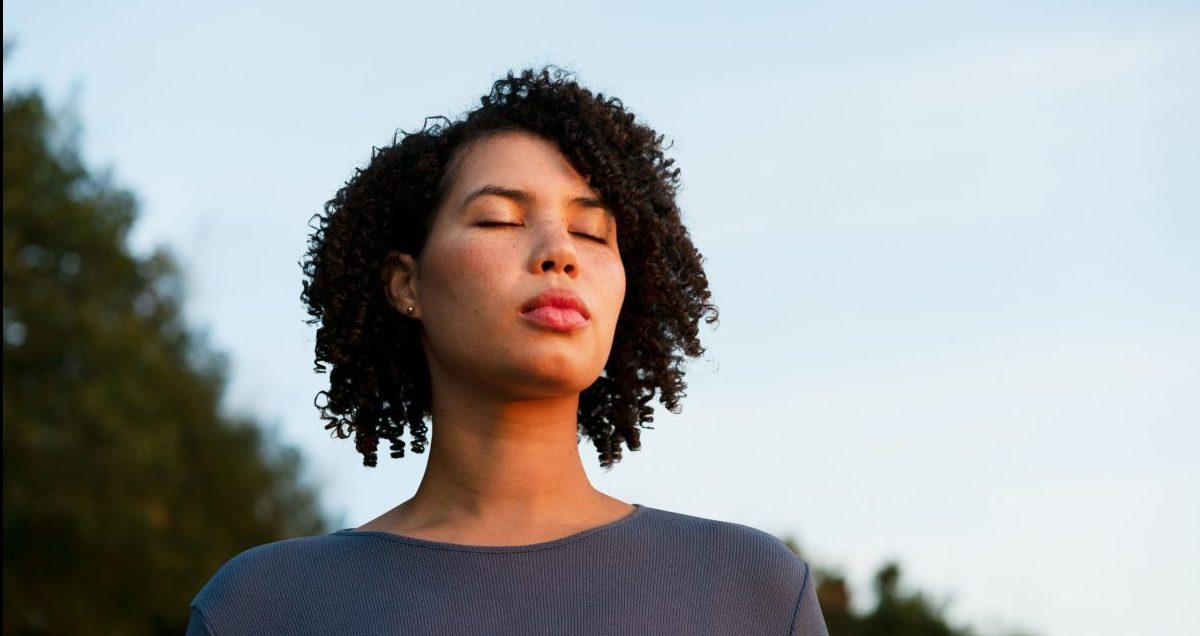
Growing up means knowing the importance of the present and how vital it is to live in it. Living in the past is for those who haven’t made any kind of moral progress. A mature adult will be able to put a nice bow on their past, and acknowledge what it has done for them while not letting it interfere with the moment. Living in the future won’t do you any favours, either. You can’t control it, so don’t waste time worrying about it.
You drift away from social media

Social media is a con job. It doesn’t accurately reflect real life, or the way that everyday humans interact with each other. It also breeds hate and hate is not something you want any part of as a mature adult. Showing everyone where you’ve been and what you’ve been up to, for no reason other than feeling compelled to do so, grows wearisome quickly as you enter middle age.
You dislike drama

You are the company that you keep. Surround yourself with happiness and positivity, and happiness and positivity are what the universe will offer you in return. Conversely, surrounding yourself with drama and negativity will lay the foundations for a dramatic and negative life. Your old bones and brain won’t be able to take too much of this, and you’ll find yourself letting go of friends who offer nothing but bad vibes.
You stand up for fairness
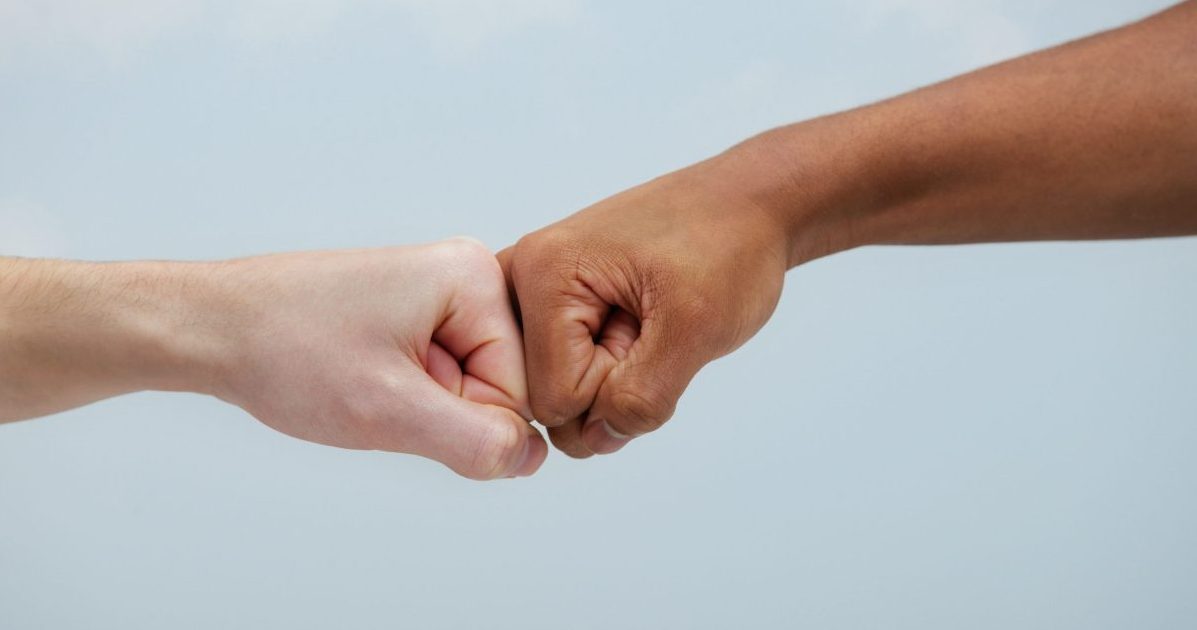
Throughout all of history, humans have flourished by creating large social groups that depend on cooperation, sustained largely by a sense of fairness and justice. Making sure rewards and resources are shared equally – and punishing those who go against it – is what has stabilized society for millennia. Make sure you’re a part of the grand tradition of standing up for what’s right.
You can hold down a job

There’s almost a romanticism in drifting from job to job while in your early 20s. Devotion to a company of people twice, if not thrice, my age? I don’t think so! This may swing for a few years when your whole life is ahead of you, but you’ll want to nip it in the bud and try landing a job you actually want to do. Getting fired in your 40s and 50s is a clear-cut sign you’re not maturing in age.
You don’t use humour to deflect
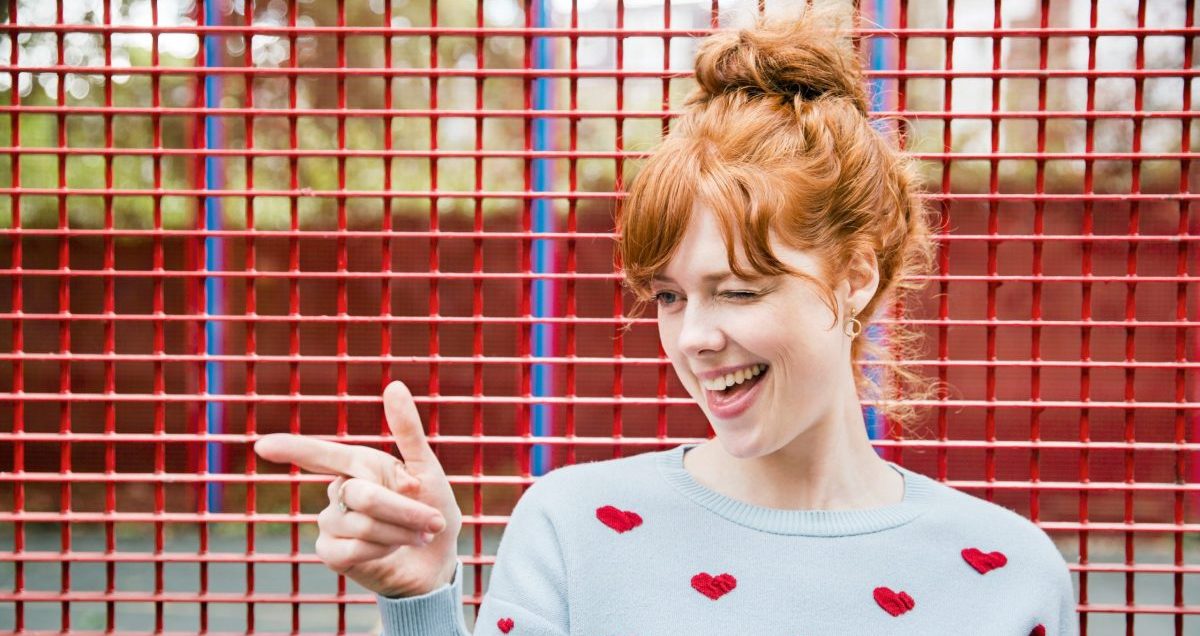
When a situation feels stressful enough to induce coping behaviours, humour is often used by some to quieten down the negative voices. We’re all guilty of this. And while having a sense of humour is generally a good thing, it can hold you back if you’re incapable of taking anything seriously or at face value. Maturity means being able to handle a serious topic without cracking a joke.
You lose your fear of commitment

Commitment is something many of us put off as long as possible. But days become months and months become years; next thing you know, you’re approaching 40 with nothing serious to show for it. Not even a dog! Growing old ties together with commitment. You won’t be taken seriously as an adult if you openly dismiss the notion of committing to another person or career or goal.
You stop spending crazy amounts of money

Managing your money and spending habits take discipline, and discipline is a trait held only by the mature. An immature person will go out and buy anything they see, spending thousands of dollars on material items that may give them a buzz in the heat of the moment, but which will ultimately fail to satiate their needs.
You own up to more

“It’s not my fault I didn’t do XYZ, you failed to remind me to do XYZ.” You’ve heard every variation of this a thousand times and it never fails to set your blood boiling. People who fail to acknowledge their faults are deeply immature and not to be trusted. Don’t grow into old age being a gaslighter. Be the person who’s not afraid to fess up and admit you were wrong.
You don’t bully people

Though lots of high school bullies grow up to be even bigger bullies in the adult world, it’s not the case for everyone. Some people find themselves at the top of the food chain at one time in their life and go temporarily dizzy with power. But they grow up. Mature adults don’t lord their strengths against other people’s weaknesses – they set their insecurities aside and be the bigger person through compassion.
You’re not afraid to ask for help
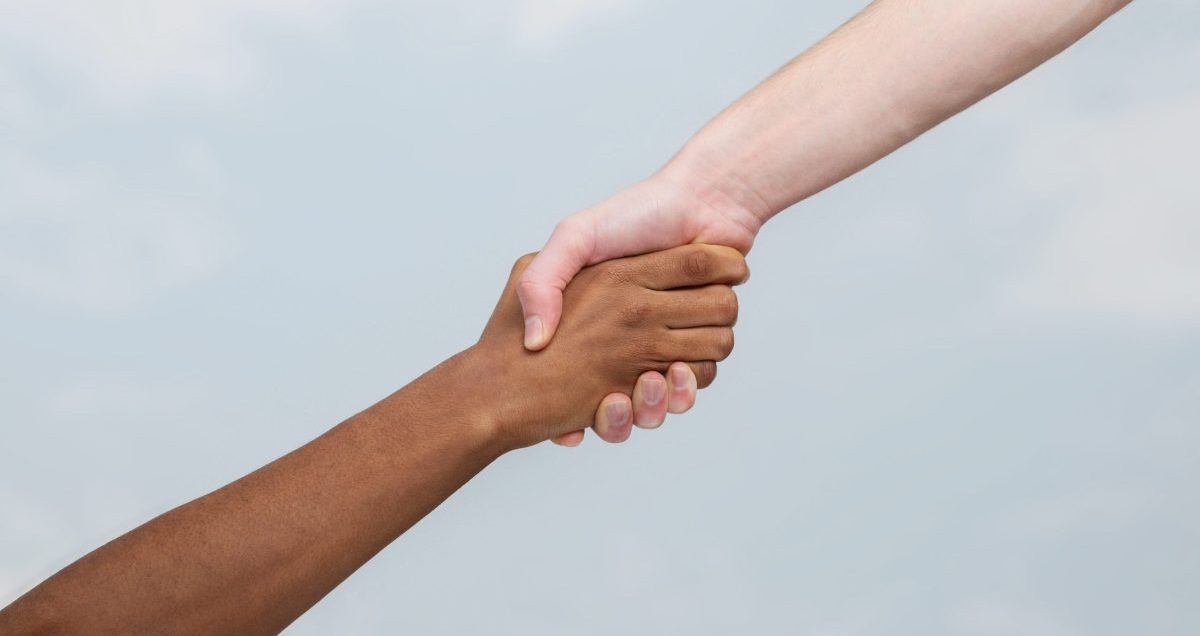
Emotional maturity is when you aren’t afraid to admit when something is out of your depth and you need help. Don’t be the person who starts a new job and can’t ask for help because they see it as a sign of defeat to not know everything. Ungrit those teeth, and ask for help. You’ll join a big club of mature adults when you do so.
You have confidence
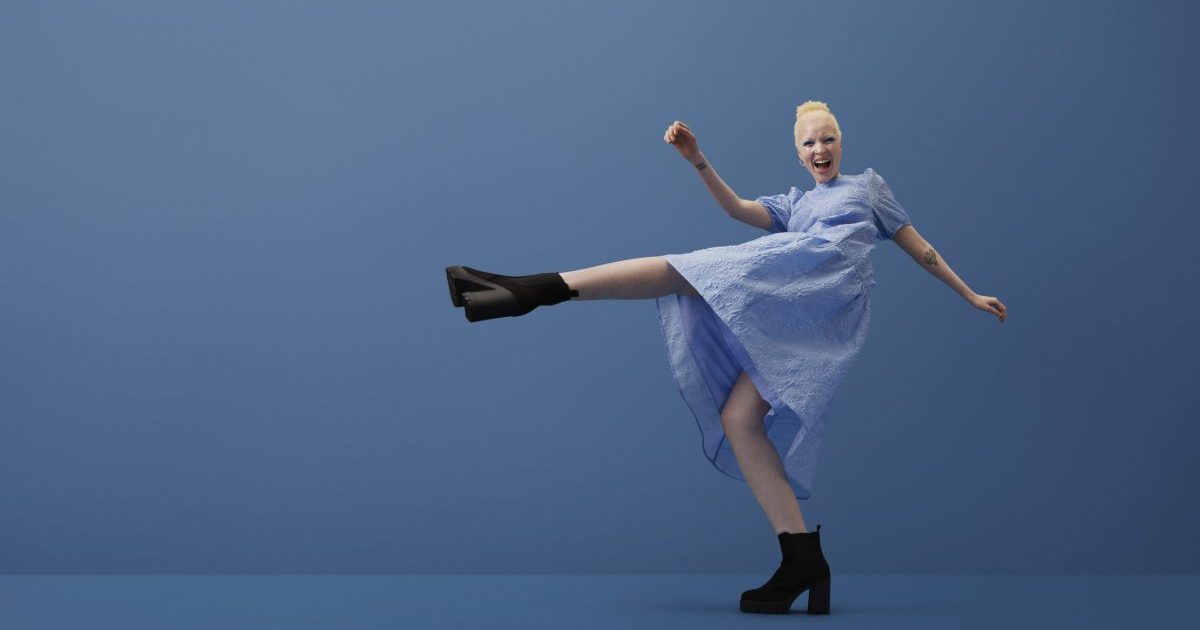
Someone who is getting old believes in themselves and their value. Someone who isn’t so sure of themselves isn’t necessarily immature, but they might want to ask themselves why it is they’re struggling to have faith in their abilities. Everyone has bad days, but it’s being able to bounce back and not let those negative thoughts take over which is what separates you from the rest.
You can calm yourself down
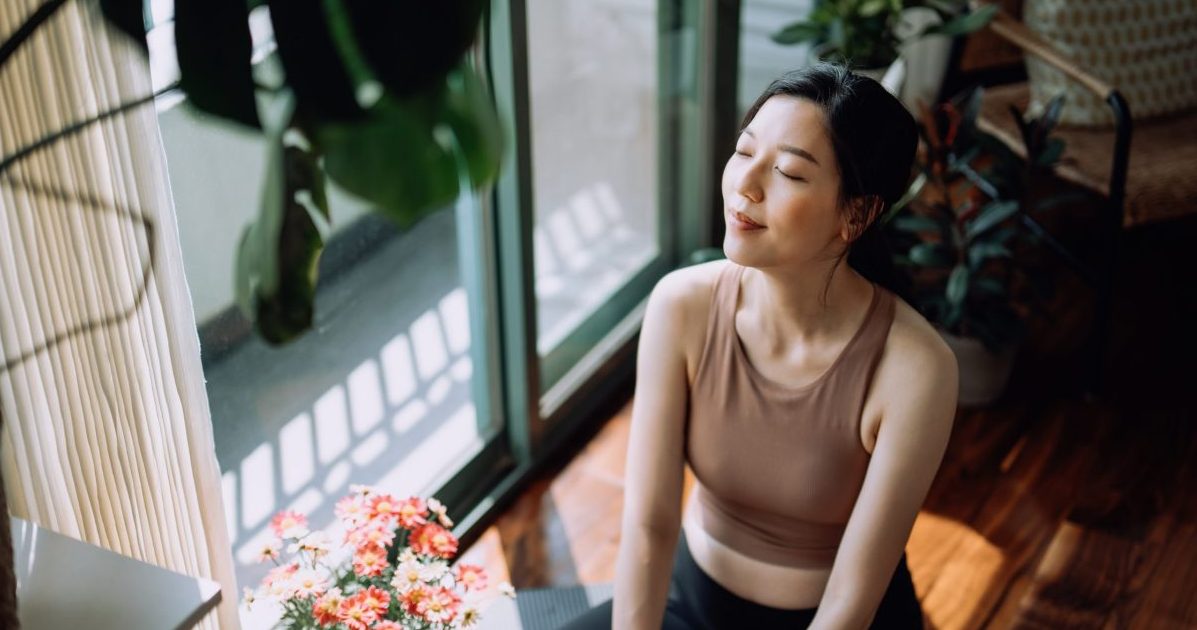
Not being able to calm yourself down is annoying, but it’s luckily symptomatic of youth. Children throw tantrums. Teenagers throw tantrums. You, a grown mature adult, don’t anymore and that’s a good thing. It doesn’t mean you’ve lost your ability to care. It means you know when it’s time to walk away from a situation that is causing you grief or stress.
You want to have your own space

It’s getting harder and harder to buy your own house these days but so long as the drive is there, you’re moving in the right direction. Nobody wants to be holed up in an apartment their whole life, nor do they want to have roommates until they’re in their 60s. Saving up whenever you can and planning to purchase your own property is a big sign of getting old.
You keep your promises
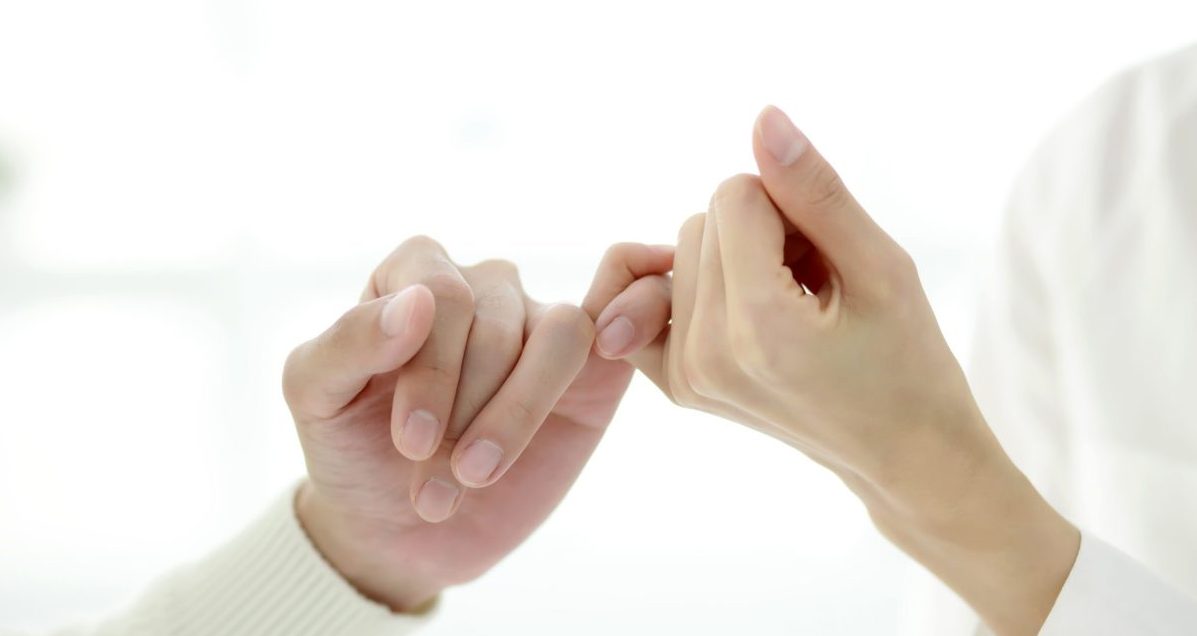
Keeping promises lays the groundwork for respect and trust. When our behaviour is consistent and efficient, it allows others to build trusting relationships with us that benefits both parties. Getting old and maturing means following through on the promises you make and not standing people up for other, better events. This should make an appearance in your personality as you reach your 30s.
You’re not vague about your goals

A true adult knows what they want to achieve in life. The likelihood is they have a sprawling plan they’ve put together, detailing every step they need to take in order to reach that promised land. Showing ambition as a young person may seem a bit square and ‘grownup’, but it’s actually something you’ll find yourself embracing as the years tick by. If you want to achieve something, write it down and manifest it.
You stop lying
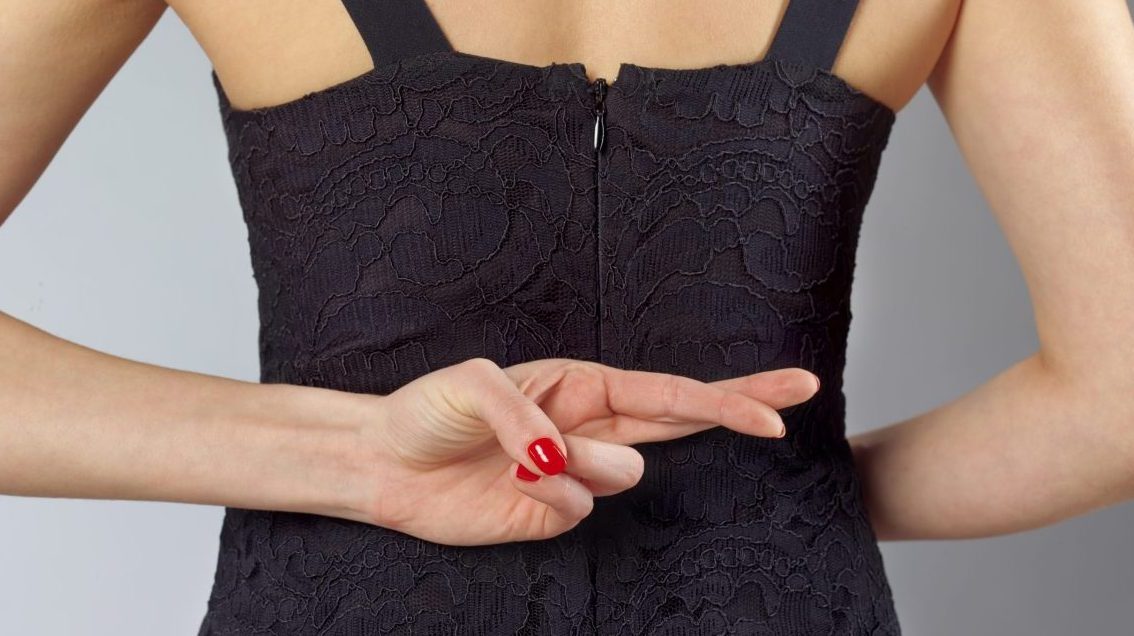
Lying has never been in fashion. Just read the Bible: Moses hated it so much he spent a good chunk of his spare time carving it into stone. Give up the lies, even the white ones, when you get older and the world will thank you. No longer will you have to live in fear wondering whether or not you’re going to trip up over this mesh of excuses you’ve thrown out over the years.
You’re aware of your own biases

Most of us live our lives paying no attention to other people’s stories and backgrounds. We hardly ever consider how someone’s experience might have been different to yours, or how fewer opportunities they might’ve had. Dropping your in-built biases – which we all have – is a key sign of getting older. Admitting your belief system might be skewered isn’t easy but it’s conducive!